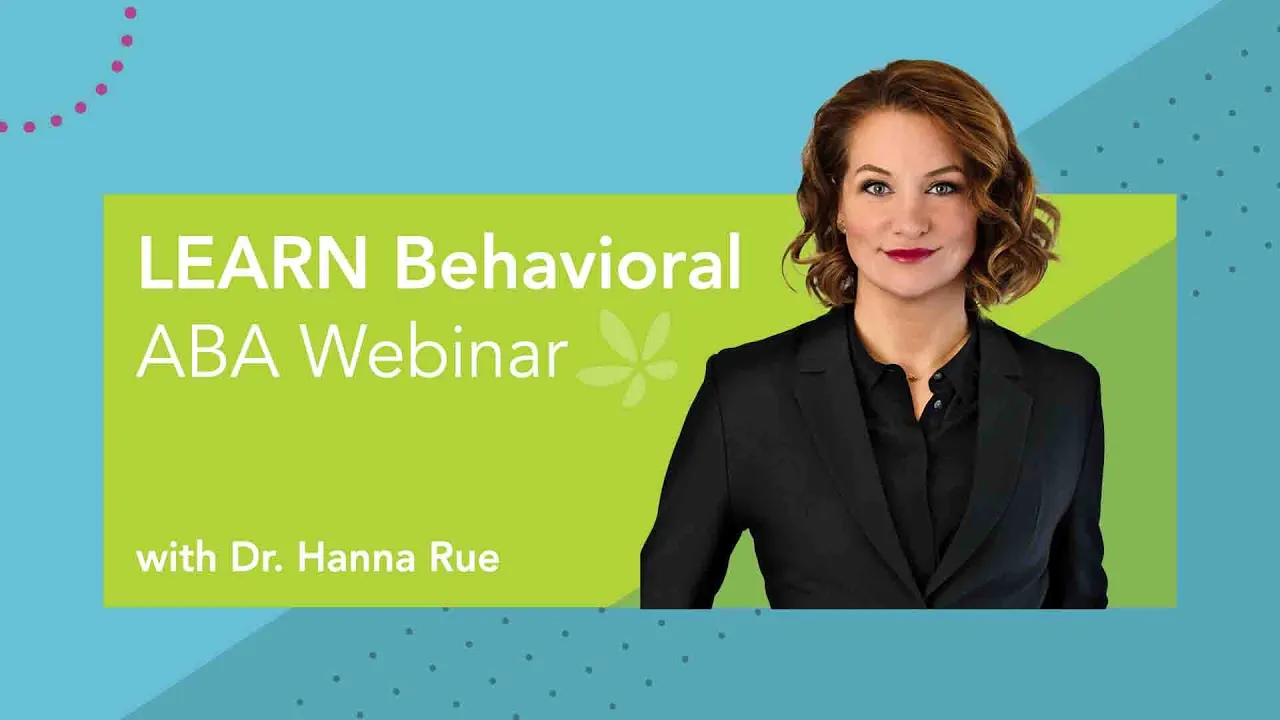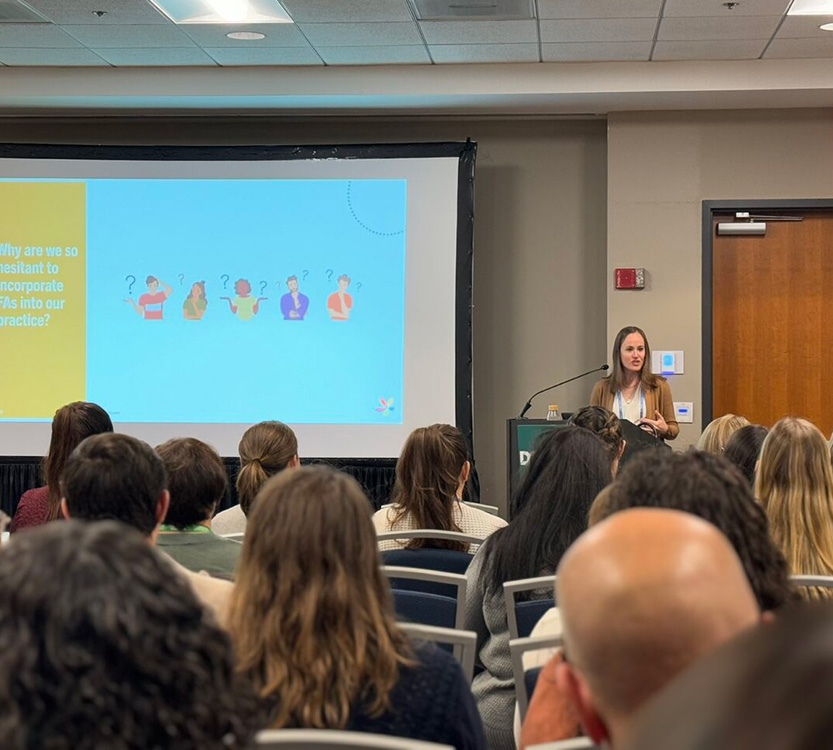February 25, 2026
What is BABAT and What to Expect at the BABAT ABA Conference?
FEATURED POSTS
February 25, 2026
February 16, 2026
February 2, 2026
BABAT originally stood for the Bay State Association for Behavior Analysis and Therapy, founded in 1979. Today, the organization is called Massachusetts Professionals in Behavior Analysis, but it continues to use the acronym BABAT and hosts the annual BABAT Conference.
The BABAT Conference, also known as the BABAT ABA Conference, (ABA stands for applied behavior analysis), is the most visible event. For more than four decades, it has brought together thousands of attendees to learn, share research, and collaborate on ABA. It is one of the most established behavior analysis conferences in the United States.
The annual conference reflects BABAT’s broader mission: to support professional growth, influence public policy, and expand the reach of ABA in Massachusetts and beyond.
BABAT Key Takeaways
- The BABAT Conference is the flagship annual meeting of Massachusetts Professionals in Behavior Analysis, typically held in October.
- The 2025 BABAT Conference will take place October 15-17 in Worcester, Massachusetts, at the DCU Center.
- Attendees include behavior analysts, graduate students, researchers, educators, and companies in service delivery, technology, and continuing education.
- Sessions cover autism services, interfering behavior, teaching methods, ethics, diversity, staff supervision, sustainability, and policy.
- The event is ideal for board certified behavior analysts (BCBAs), board certified assistant behavior analysts (BCaBAs), students, researchers, and organizations seeking continuing education units (CEUs), networking, and professional development.
- Past highlights include award ceremonies, student mixers, hybrid sessions, and a growing emphasis on sustainability and advocacy.
When is the BABAT Conference?
BABAT Dates and Location
The 2025 BABAT Conference, officially called the Reach Conference, will be held October 15-17 at the DCU Center, 50 Foster St., in Worcester, Massachusetts.
How to Register for BABAT
Registration for the 2025 BABAT Conference is through BehaviorLive, with options including early bird pricing, member and nonmember rates, student discounts, and continuing education unit (CEU) add-ons.
What is the BABAT Conference Format?
Recent BABAT conferences have used hybrid formats for in-person and virtual attendees. In 2024, participants joined sessions online, earned continuing education units (CEUs) remotely, and accessed recordings through BehaviorLive. The format allows students and practitioners outside Massachusetts to take part without traveling.
BABAT Travel and Accommodations
Worcester is central in Massachusetts, close to Boston, Providence, and Hartford. Hotels near the DCU Center offer conference rates, so book early. The venue is on the MBTA Commuter Rail, and parking is available.
Who Should Attend the BABAT Conference?
The BABAT Conference draws:
- Board certified behavior analysts (BCBAs) seeking continuing education units (CEUs) and networking
- Board-certified assistant behavior analysts (BCaBAs)
- University faculty, researchers, and symposium chairs
- Graduate students and doctoral candidates presenting posters
- Program directors, clinical supervisors, and ABA agency leaders
- Behavior technicians and line staff interested in professional growth
- Professionals in education, psychology, and speech-language pathology
- Policymakers and administrators with an interest in applied behavior analysis (ABA)
Graduate students gain opportunities to present posters, receive mentoring, and network. Practitioners can stay current with best practices, licensing updates, and insurance policies in Massachusetts.
Interested in a career helping children with autism? Explore rewarding ABA career opportunities.
What Companies Attend the BABAT Conference?
Exhibitors are an important part of the BABAT Conference experience. Past exhibitors have included:
- ABA agencies and service providers like LEARN Behavioral
- Educational publishers and journal representatives
- Continuing education and professional development organizations
- University programs recruiting graduate students
Exhibitors often sponsor sessions or provide networking events. Conference participants can connect directly with vendors, explore new resources, and learn about employment opportunities.
Topics Discussed at the BABAT Conference
The BABAT Conference features invited speakers, symposia, panel discussions, workshops, and poster sessions. Programs balance applied, conceptual, and translational behavior analysis.
Key topics include:
- Strategies for children with autism spectrum disorders
- Assessing and reducing interfering behavior
- Supporting appropriate behavior in schools, clinics, and homes
- Ethics in practice, supervision, and service delivery
- Staff training and supervision
- Diversity issues in ABA
- Data collection and research design
- Policy and insurance issues for Massachusetts providers
- Sustainability and socially significant interventions
- Technology in ABA, including telehealth and digital data systems
- Poster sessions for student and practitioner research
- Networking events, student mixers, and mentoring
CEU Opportunities
BABAT is a Behavior Analyst Certification Board–approved CEU provider. Sessions indicate when CEUs are available, and BehaviorLive tracks participation for in-person and virtual attendees.
Highlights from Past BABAT Conferences
- 2024: Introduced hybrid format, added wellness and networking sessions, and emphasized sustainability and advocacy.
- 2022: Focused on trauma-informed ABA, expanded CEUs, and honored practitioners and students.
- 2019: Marked 40 years of BABAT with reflections on its 1979 founding and the future of ABA in Massachusetts.
Historical Legacy
For more than 40 years, BABAT has advanced professional practice, supported students, and advocated for ABA in Massachusetts. It is recognized as one of the leading regional ABA conferences in the United States.
What Does LEARN Behavioral Do At BABAT?
LEARN Behavioral participates in the BABAT Conference as an exhibitor and sponsor. Our team connects with behavior analysts, students, and researchers to share resources, career opportunities, and continuing education.
At the conference, LEARN Behavioral often:
- Hosts an exhibitor booth to meet attendees and answer questions
- Shares information about our ABA services and clinical programs
- Highlights research and training initiatives across our national network
- Promotes career opportunities for students and professionals in behavior analysis
- Supports sessions, networking events, and student activities through sponsorships
Tips for Attending the 2025 BABAT Conference
For anyone interested in behavior analysis, tips for making the most of the conference include:
- Register early for discounts and CEU packages
- Review the program and choose sessions that fit your goals
- Join networking events to build connections
- Visit exhibitors for tools, resources, and partnerships
- Balance research symposia with applied workshops
- Plan CEU credits in advance
- Students: prepare a short summary of your research for posters and mixers
- Follow up afterward to keep your new connections
To learn about careers in ABA, visit our page: Careers in ABA.
FAQs: What People Ask About the BABAT Conference
What is the BABAT Conference?
An annual meeting of Massachusetts Professionals in Behavior Analysis (BABAT) focused on applied behavior analysis (ABA).
What is BABAT?
BABAT originally stood for the Bay State Association for Behavior Analysis and Therapy, a professional association founded in 1979. Today, the organization is called Massachusetts Professionals in Behavior Analysis. It supports applied behavior analysis (ABA) practice, research, and advocacy.
When is the BABAT Conference 2025?
October 15-17 in Worcester, Massachusetts.
Who attends the BABAT Conference?
BCBAs, BCaBAs, graduate students, faculty, clinicians, supervisors, and companies working in behavior analysis.
What topics are covered at the BABAT Conference?
Sessions cover autism intervention, interfering behavior assessment, appropriate behavior development, ethics, staff training, sustainability, diversity, and policy issues.
Free ABA Webinar
What is contemporary ABA and how does this person-centered approach help children with
autism find success?




















